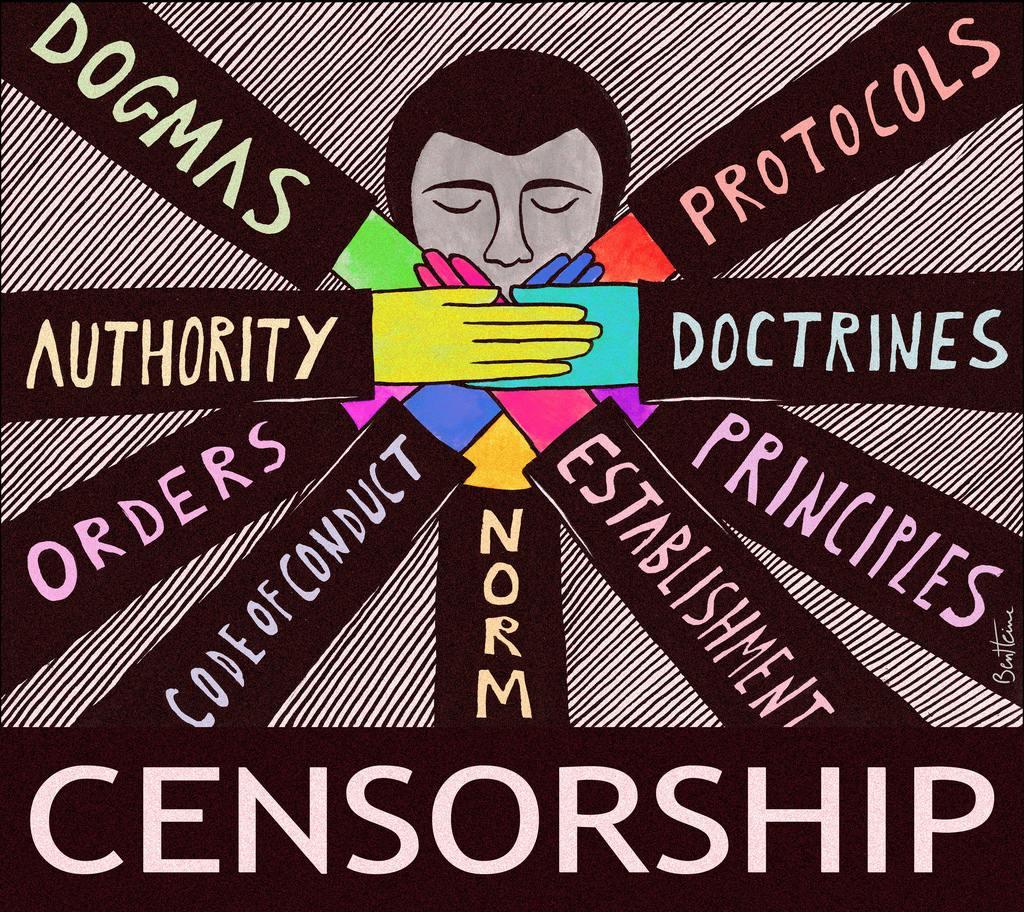There is a debate raging in Florida over the funding of private K12 schools with state funds. The argument is somewhat misguided in that it is not actually state funds that private schools are receiving through the tax-credit scholarship program. In fact, they are corporate donations in lieu of a tax credit (ergo, tax credit scholarship).
Public and private colleges and universities have coexisted for decades and both garner millions in federal subsidies and aid. But no one seems to go after that anymore. i think partly because the oldest and best colleges and universities are, and remain, private. From Harvard, to Princeton, to Yale, to Carnegie Mellon, to name a few, private schools have long held the aspirations of budding doctors, lawyers, and engineers. That is not to say that there is any market cornered, just a history of excellence.
Who regulates these programs?
Colleges and universities have long been held accountable by a privatized system of accountability called “accreditation”. Maintained by regionally recognized boundaries, these regional associations provided an unbiased, third-party review that measured the institutions programs, faculty, curriculum, and culture against a set of standards that were accepted as quality indicators. This is how the system still works, and it works well. The federally recognized agencies are listed in a database maintained by the Council for Higher Education Accreditation (CHEA). This list is considered definitive.
While Floridians decry the wrongness of funding private schools, the recent expository reports run by the Orlando Sentinel seem to focus on lack of regulation, calling on legislators to regulate curriculum and teacher qualifications–the two items that religious schools believe they have the right to control. Government control of education ultimately lies in the ability to control these two areas. And whether or not critics like the idea, regulating content taught is actually called censorship and ultimately defies the first amendment rights of religious parents.
While I do not want to debate the merits of government controlled education in this blog, please check out Dr. William F. Cox, Jr.’s book, Tyranny Through Public Education. This will forever be a philosophical issue. However, we can observe from other government controlled services like the DMV, welfare, and public health, that efficiency and efficacy are not always delivered with any level of consistency or fidelity. Is this really the system that best serves children? Let’s also understand that in the 1972 case San Antonio Independent School District v. Rodriguez , the court “held that there is no fundamental right to education guaranteed in the Constitution, and that the Equal Protection Clause doesn’t require exact “equality or precisely equal advantages” among school districts.” Furthermore, in July 2018, a federal judge also affirmed “the Constitution doesn’t require schools to promote students’ literacy.” Education and access to literacy is a privilege, just like a good college education. And that privilege is exercised in both public and private arenas where quality is measured in student achievement as measured on unbiased, nationally normed reference assessments–not in the tit-for-tat evaluation of a single paragraph in a single textbook in in a single grade level. Knowledge is holistic and gained across all aspects of beings existence and community.
How can we create accountability for these schools while also allowing the autonomy of religious freedoms in this great country? The fact is, in every state, there exists a body of regulators that govern private education in the same manner that accrediting agencies set standards for post-secondary education. In Florida, the Florida Association of Academic Non-Public Schools is a self-regulating association of accrediting agencies that oversee preschool through grade 12 accreditation in non-public (private) schools. The fifteen approved accrediting agencies provide a regulatory environment in regards to academic, staffing, and operation standards. These accredited schools are visited every 5 years and have an annual reporting process that often requires validation of staff credentials, proof of nationally normed testing, school improvements, etc…
Just like the college industry, there is no need for Florida (or any state) legislators to mull over ways and means to regulate private religious education. That system already exists. The only action that needs to be done is for the scholarship program to be tied to schools that are accredited and in good standing. Not only does accreditation require schools to operate under sound operational practices and procedures, but it often requires schools to demonstrate that they are achieving student performance gains as evidenced on standardized testing, as well as (in some cases), addressing and minimizing the achievement gap for high-risk students. Accreditation by a FAANS approved agency is the current gateway for private schools to.participate in the Florida High School Athletic Association (FHSAA), participate in the National Honor Society, participate in the Florida VPK program, and be recognized as a Florida Gold Seal Preschool. Florida has created and sustained a system of academic and organizational accountability for private schools that is being woefully underutilized in monitoring and improving K-12 academics where the tax credit scholarship is referenced in statutes.



